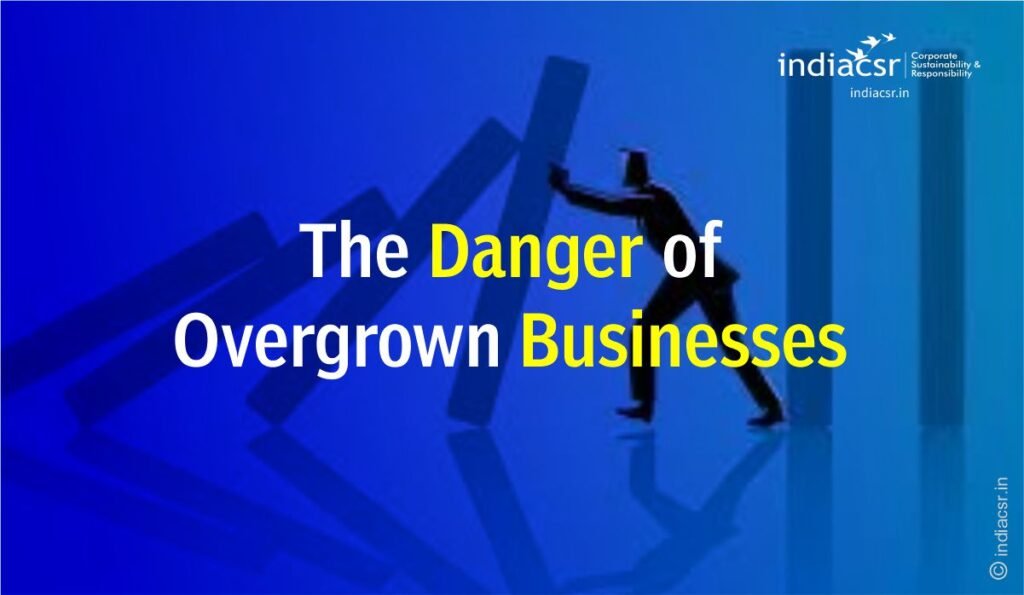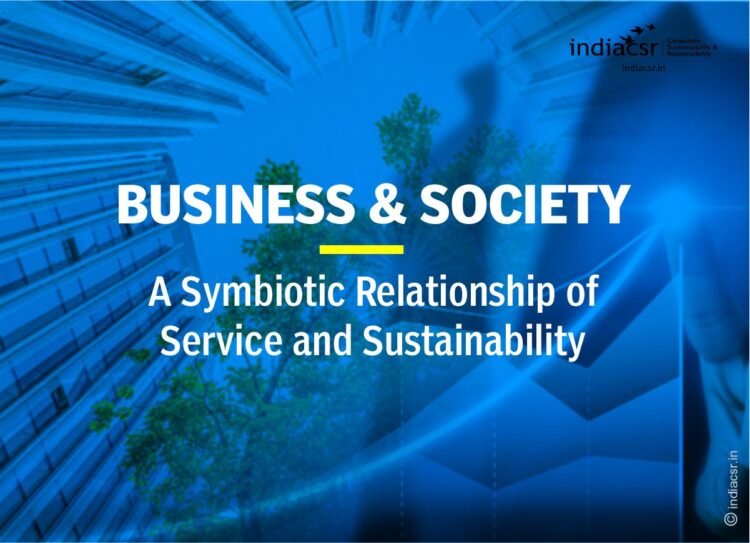Unraveling the Fundamental Link between Business and Society
A prevailing thought among the Corporate Social Responsibility (CSR) community is the fundamental relationship between business and society. This perspective places society at the heart of the business ecosystem, emphasizing that businesses are a byproduct of society and not vice versa. Businesses are tools created by society to serve societal needs, and their primary purpose should always be to contribute positively to the society that fosters their growth.
Society as the Bedrock of Business

Society provides businesses with everything they need to function: resources, labor, consumers, and even the legal and regulatory frameworks that govern their operations. Without society, businesses cannot exist. This underlying social foundation often goes unnoticed, but it is crucial for businesses to acknowledge and respect this fundamental dependence.
The Service Orientation of Business

Businesses exist to serve society, providing goods, services, and jobs that fulfill societal needs and contribute to economic development. The service-oriented nature of businesses makes them essential societal tools. However, the scale and impact of businesses should be managed to ensure they continue to serve society positively.
The Danger of Overgrown Businesses

Businesses can sometimes grow so large that they begin to impact society negatively. Unchecked business practices can lead to detrimental effects, such as environmental degradation, wealth inequality, and social exploitation. It is here that the role of CSR becomes increasingly important. CSR can act as a self-regulatory mechanism that ensures businesses not only thrive economically but also contribute positively to societal and environmental wellbeing.
Example: Balancing Business Growth and Societal Impact
Consider the example of a multinational corporation that faced backlash due to its exploitative labor practices in developing countries. Recognizing the negative impact it was having on society, the company embarked on a comprehensive CSR strategy. This strategy involved improving labor practices, providing fair wages, and investing in community development projects in the areas they operated. By aligning its business practices with societal wellbeing, the company not only mitigated the negative impacts but also enhanced its brand reputation and customer loyalty.
Conclusion
CSR – The Balancing Act in the Business-Society Relationship
In the delicate balance between business growth and societal impact, CSR plays a crucial role. It allows businesses to prosper while ensuring they contribute positively to society. The CSR community must continuously advocate for this balanced approach, reminding businesses of their fundamental role as tools of societal service. In doing so, they can help ensure that businesses not only create economic value but also foster a sustainable and equitable society.







